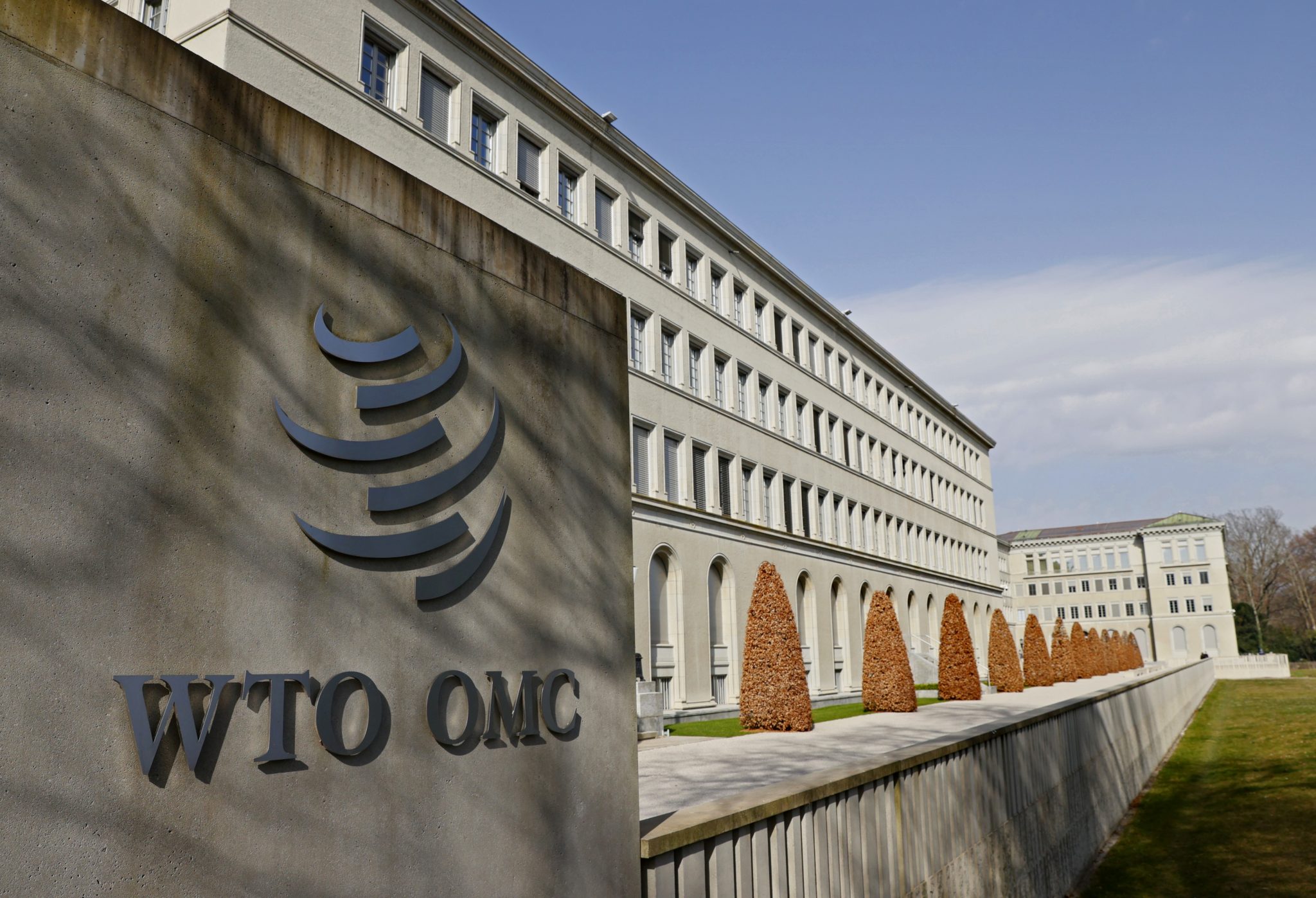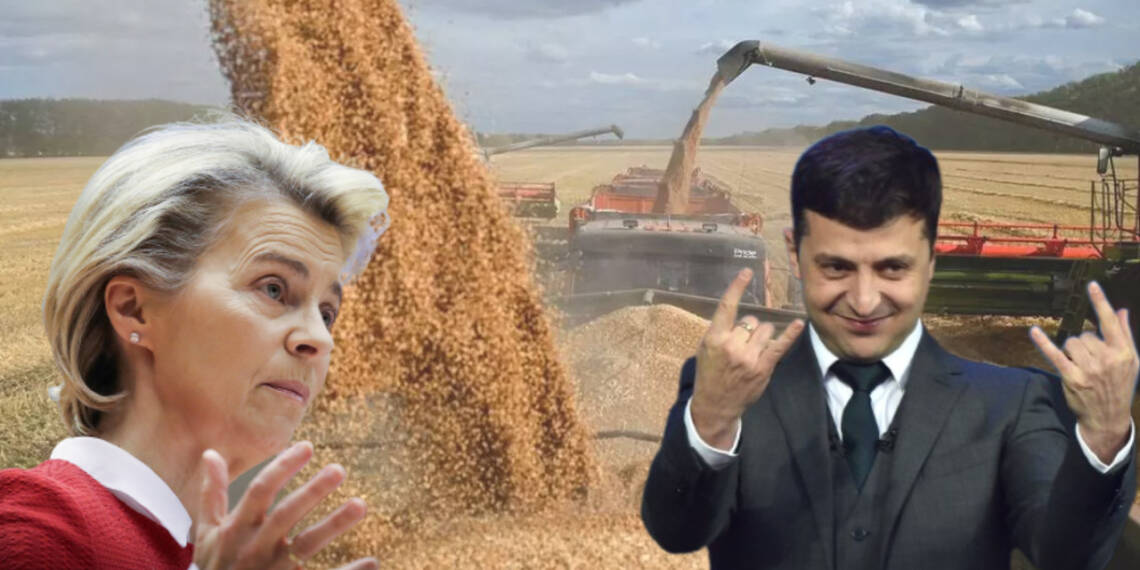Kyiv’s recent decision to initiate legal action against its strongest backers in its military fightback against Russia raises questions about its potential success. Historical patterns suggest that Ukraine may be embarking on a challenging endeavor, as past attempts in disputes at the World Trade Organization (WTO) have yielded limited success.
Challenging EU: Ukraine’s WTO Move
Ukraine is contemplating a recourse to the World Trade Organization (WTO) against the European Union (EU) and specific member states, notably Poland and Hungary, should they neglect to remove restrictions on Ukrainian agricultural exports to the EU. These limitations, imposed as part of an agreement between the EU and Ukraine, encompass grain exports to safeguard European farmers from the influx of less expensive Ukrainian produce following Russia’s invasion and trade blockade.
The restrictions, having been extended once, are scheduled to conclude on September 15. While there is speculation that the EU might let them expire, Poland and Hungary have voiced intentions to impose independent import bans, which could potentially breach the EU’s common trade regulations. Ukraine contends that these constraints contravene the EU-Ukraine free-trade agreement established in 2014.

“With full respect and gratitude to Poland, in case of introduction of any bans after [September 15], Ukraine will bring the case against Poland and the EU to the World Trade Organization,” said Taras Kachka, Ukraine’s deputy economy minister.
Ukraine has cautioned that if the EU and its member nations do not take action against those infringing upon the trade agreement, they may resort to arbitration proceedings based on their association agreement with the EU or seek redress through the WTO.
Read More: Rotten or no food, at double the price for Ukrainian troops- a massive scam
Russia-Ukraine War’s Impact on Grain Production
Russia’s aggression in Ukraine and the occupation of certain regions have had a severe impact on Ukraine’s grain production. Additionally, the withdrawal of seaborne export permissions has raised concerns about the EU-backed export corridors’ capacity to handle the situation effectively.
EU Agriculture Commissioner Janusz Wojciechowski has proposed extending the restrictions until the end of the year to prevent a crisis in frontline member states. However, this suggestion has met with scrutiny.
The decision to limit imports to the five countries and provide a €100 million aid package in April received criticism for potentially undermining the EU’s single market.
Ukraine counters these arguments, asserting that there is insufficient evidence to warrant an extension of import restrictions. They emphasize their constructive cooperation with the European Commission and neighboring member states to enhance the transit of goods, highlighting their commitment to resolving the issue collaboratively.
Ukraine vs. Russia: Past WTO Dispute
Ukraine’s recent move to potentially take legal action against the EU at the World Trade Organization (WTO) echoes a historical precedent. Ukraine engaged in a legal dispute with Russia at the WTO, focusing on Russia’s refusal to import Ukrainian railway equipment, a crucial revenue source for Ukraine.
This dispute emerged in 2015 when Russia suspended conformity assessment certificates for Ukrainian railway equipment, effectively imposing an import ban, as claimed by Ukraine in its WTO complaint. However, a WTO panel of three adjudicators ruled in favor of Russia, contending that Ukraine had not convincingly demonstrated systematic obstruction of its railway product imports by Russia.

In 2011, locomotives, rolling stock, and railway equipment constituted Ukraine’s most valuable exports to Russia, totaling $3.2 billion out of $19.8 billion in export sales. Nevertheless, their value plummeted in subsequent years, averaging less than $150 million annually over the past three years.
The WTO panel acknowledged that the security situation was precarious, and Russian inspectors sent to verify Ukrainian exports’ compliance with Russian standards would have been at risk in Ukraine. Therefore, Russia was justified in not sending them.
Read More: Putin has unleashed a ‘Grain-demic’ on the West
Given this historical backdrop, Ukraine’s prospects in the current situation remain uncertain, with past outcomes suggesting challenges in achieving a favorable resolution.
Ukraine’s recent legal move against the EU at the WTO echoes a past battle with Russia over railway equipment. In 2018, Ukraine lost that fight, much like it may this time. While Ukraine argues for lifting export restrictions, the WTO panel’s history is clear. The panel saw Russia’s security concerns as valid. As Ukraine heads into this WTO showdown, history suggests it may face another uphill battle.
Watch More:








